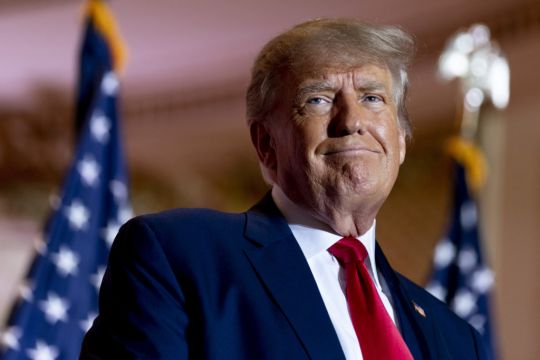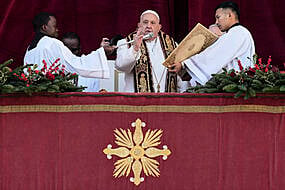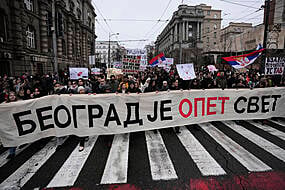Donald Trump’s company “cultivated a culture of fraud and deception” by lavishing luxury perks on executives and falsifying records to hide the compensation, a prosecutor has told jurors during closing arguments at the Trump Organisation’s criminal tax fraud trial.
Assistant Manhattan district attorney Joshua Steinglass’s fiery summing-up followed defence arguments that sought to blame the fraud on long-time company finance chief Allen Weisselberg, who has admitted scheming to avoid paying personal income taxes on a company-paid apartment, luxury cars and other goods.
“Weisselberg did it for Weisselberg,” Trump Organisation lawyer Michael Van der Veen said, punctuating his closing argument with the defence team’s mantra during the month-long trial.
Mr Steinglass pushed back when it was his turn, telling jurors: “Both halves of that sentence are wrong. It wasn’t just Weisselberg doing it and it wasn’t just Weisselberg who benefitted.”

The Trump Organisation, the entity through which the former president manages his property holdings and other ventures, is accused of helping Weisselberg and other executives avoid paying income taxes on company-paid perks.
Mr Steinglass argued that the Trump Organisation — through its subsidiaries Trump Corp and Trump Payroll Corp — is liable because Weisselberg was a “high managerial agent” entrusted to act on behalf of the company and its entities.
If convicted, the Trump Organisation could be fined more than 1 million dollars (£860,000). It could also face difficulty making future deals.
But company lawyers argued that Weisselberg was only intending to benefit himself with his tax dodge scheme, not the Trump Organisation, and that the company should not be blamed for his transgressions.
“We are here today for one reason and one reason only: the greed of Allen Weisselberg,” Trump Organisation lawyer Susan Necheles said.
The tax fraud case is the only trial to arise from the Manhattan district attorney’s three-year investigation of Mr Trump and his business practices. Thursday’s closing arguments were the last chance for prosecutors and defence lawyers to sway jurors before they deliberate next week.
Manhattan district attorney Alvin Bragg watched from the courtroom gallery as Mr Steinglass spoke.

Weisselberg pleaded guilty in August to dodging taxes on 1.7 million dollars in extras and gave evidence against the Trump Organisation in exchange for a promised sentence of five months in jail.
Weisselberg, now a senior adviser, has worked for Mr Trump’s family for nearly 50 years, starting as an accountant for his father Fred Trump in 1973 before joining Donald Trump’s company in 1986.
“Along the way, he messed up. He got greedy. Once he got started, it was difficult for him to stop,” Ms Necheles said.
She argued that the case against the company is tenuous and that the 1965 state law underlying some of the charges requires prosecutors to show Weisselberg intended to benefit the company, not just himself.
Weisselberg said he conspired to hide his perks with the company’s senior vice president and controller, Jeffrey McConney, by adjusting payroll records to deduct their cost from his salary.
The arrangement reduced Weisselberg’s tax liability, while also saving the company money because it did not have to give him a hefty raise to cover the cost of the perks and additional income taxes he would have incurred.
“I knew in my mind that there was a benefit to the company,” Weisselberg told the court.
But Ms Necheles argued that any benefit to the company was ancillary, minimal and unintentional.
“He is atoning for his sins, but as part of the plea deal the prosecution forced him to testify against the company he helped build,” she told jurors.
“Now the prosecution’s case rests on one thing: convincing you, the jurors, that Mr Weisselberg’s actions were done in behalf of the company.
“You are going to see there was no such intent. The purpose of Mr Weisselberg’s crimes was to benefit Mr Weisselberg.”







